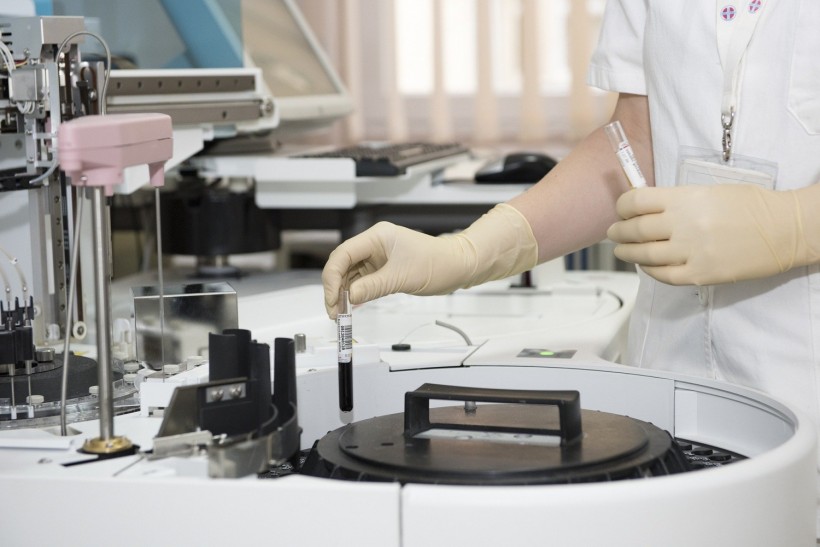Relyvrio was approved by the US Food and Drug Administration to treat patients with amyotrophic lateral sclerosis (ALS), also known as Lou Gehrig's disease.

Laboratory Test Tubes
Life-threatening ALS
According to Billy Dunn, M.D., director of the FDA's Center for Drug Evaluation and Research's Office of Neuroscience, the approval provides another important treatment option for ALS, a life-threatening disease that currently has no cure. He also stated that the FDA is still committed to facilitating the development of new ALS treatments.
The disease, also known as amyotrophic lateral sclerosis (ALS), affects nerve cells that are required for activities such as walking, speaking, and eating. According to the ALS Association, there is no known cure and most people live only two to five years after diagnosis.
The majority of cases will result in death from respiratory failure, usually within three to five years of the onset of symptoms. Every year, approximately 5,000 Americans are diagnosed with ALS, and approximately 20,000 Americans are currently living with the disease.
Relyvrio: New ALS Treatment
One packet of Relyvrio can be taken orally by combining it with eight ounces of room temperature water. It can also be delivered via a feeding tube. For the first three weeks, one packet (three grams of sodium phenylbutyrate and one gram of taurursodiol) is recommended daily. The dosage is increased to one packet twice a day after three weeks. It can be taken before a snack or meal.
The most common side effects of Relyvrio were nausea, diarrhea, abdominal pain, and upper respiratory tract infections. Relyvrio contains taurursodiol, a bile acid that may aggravate diarrhea in patients with bile acid circulation disorders. Before taking Relyvrio, these patients should consult with a doctor. Additional information on Relyvrio risks is included in the prescribing information.
Amylyx Pharmaceutial
According to NBC News, the drug which was developed by Amylyx Pharmaceuticals is one of only a few approved by the FDA for ALS.
Amylyx stated that it is still determining how much it will charge for the drug. According to a report from the Institute for Clinical and Economic Review, it could be priced similarly to an older ALS drug, edaravone, which costs around $170,000 per year.
Dr. Jinsy Andrews, associate professor of neurology at Columbia University Vagelos College of Physicians and Surgeons, said that the drug is not a magic treatment that is going to cure the disease. Yet, he was hopeful that it would slow the disease's progression.
Andrews, an investigator in Amylyx's ongoing late-stage trial, added that there was widespread agreement among ALS patients that better treatments would be developed in the future.
Amylyx's medication was granted conditional approval in Canada in June. Relyvrio is the third ALS drug approved by the FDA, following Mitsubishi Tanabe's Radicava and the generic drug riluzole.
Goldman Sachs analyst Chris Shibutani predicted earlier this month that the drug would be widely used from the start, with annual sales reaching $767 million by 2026.
ALSO READ: Amyotrophic Lateral Sclerosis in Children: 11 Cases Revealed in Research
Clinical Trial Controversy on Relyvrio
According to Holly Fernandez Lynch, an assistant professor of medical ethics at the University of Pennsylvania, the FDA generally requires at least two well-controlled clinical trials to demonstrate that a drug is effective or a single trial that is highly statistically persuasive. Amylyx's trial, she claimed, did not meet the agency's requirements.
After Amylyx submitted an additional analysis of its trial data, the FDA took the unusual step of convening a second advisory committee just six months later. During that meeting, the advisory committee changed its mind and voted to recommend the drug.
RELATED ARTICLE: Amyotrophic Lateral Sclerosis Medicine: Study Suggests to Focus on the Brain Not Just Spinal Cord for ALS Therapy
Check out more news and information on Medicine and Health in Science Times.














